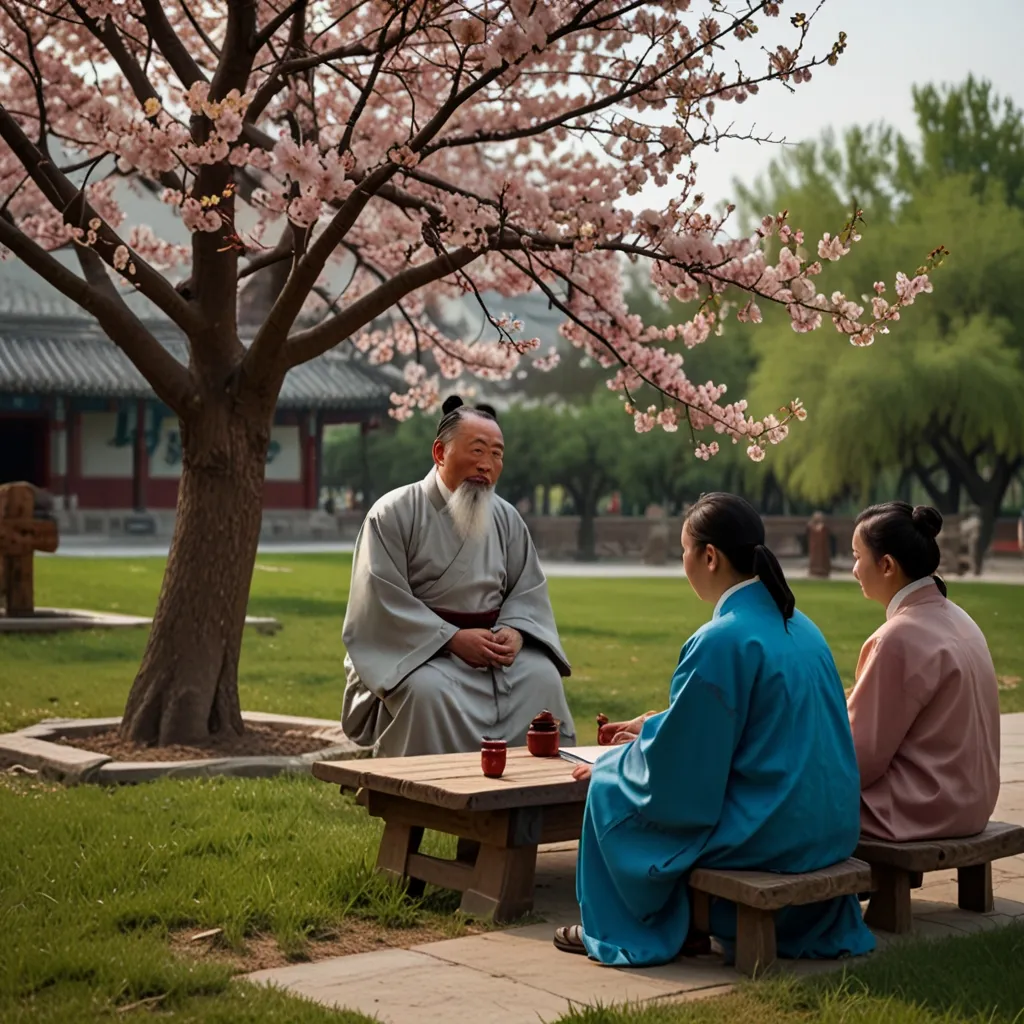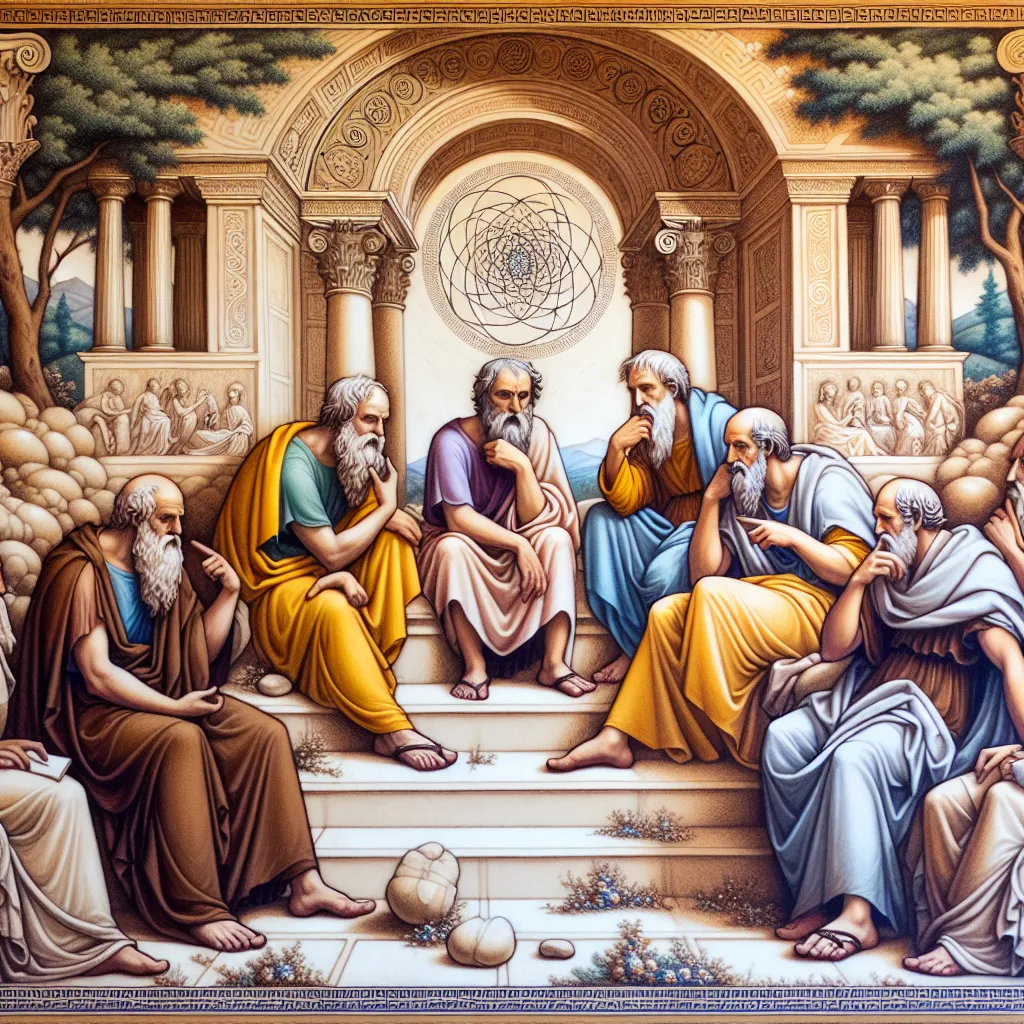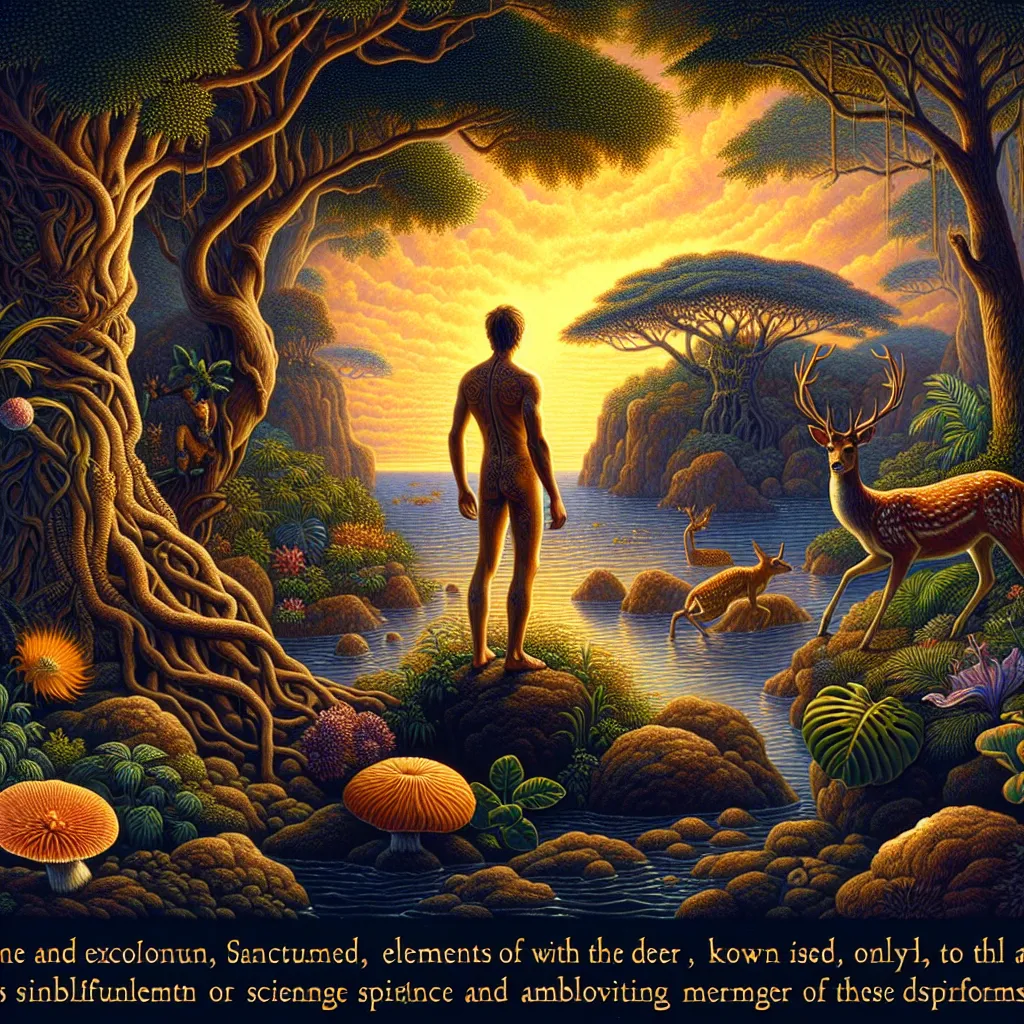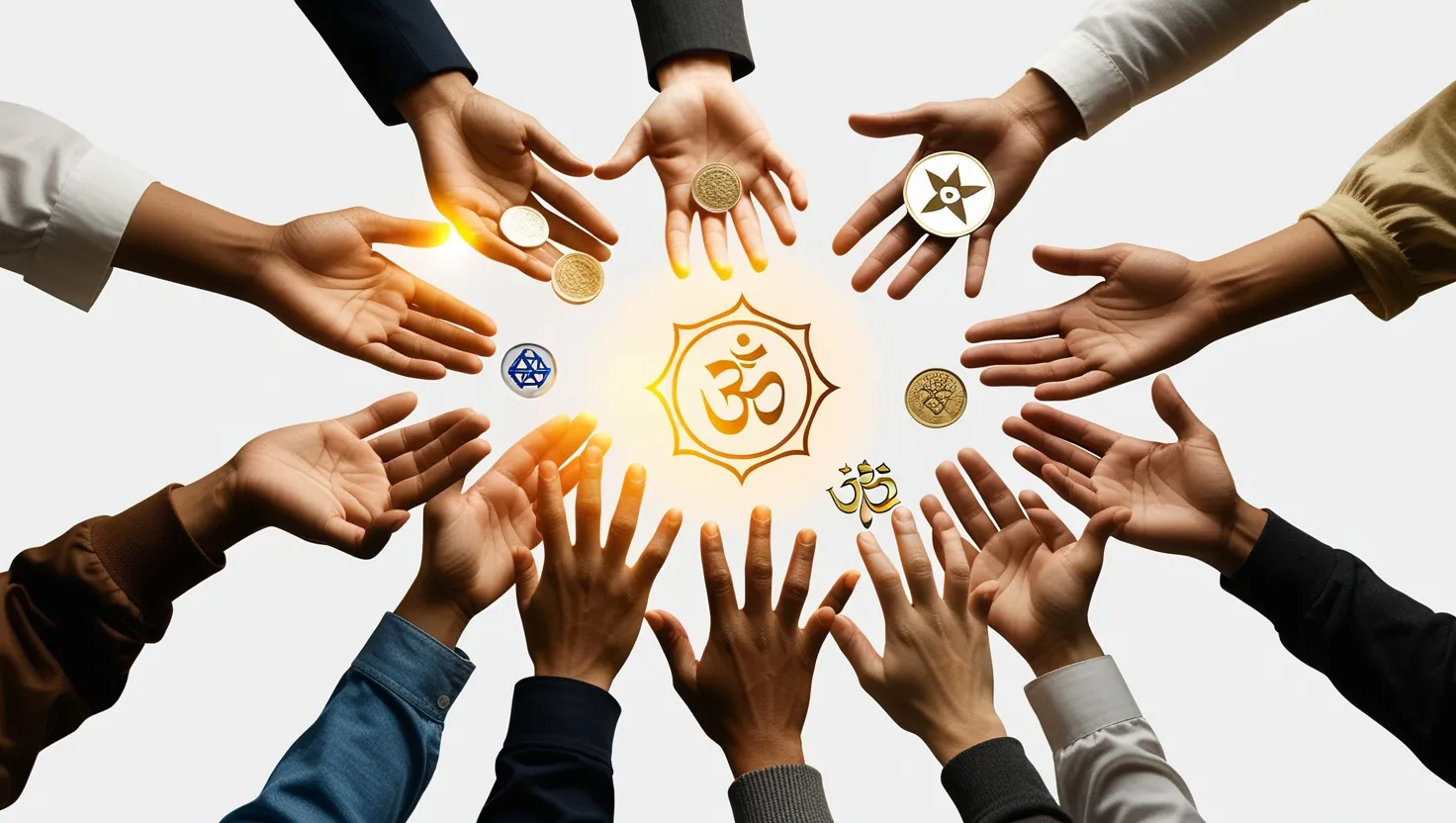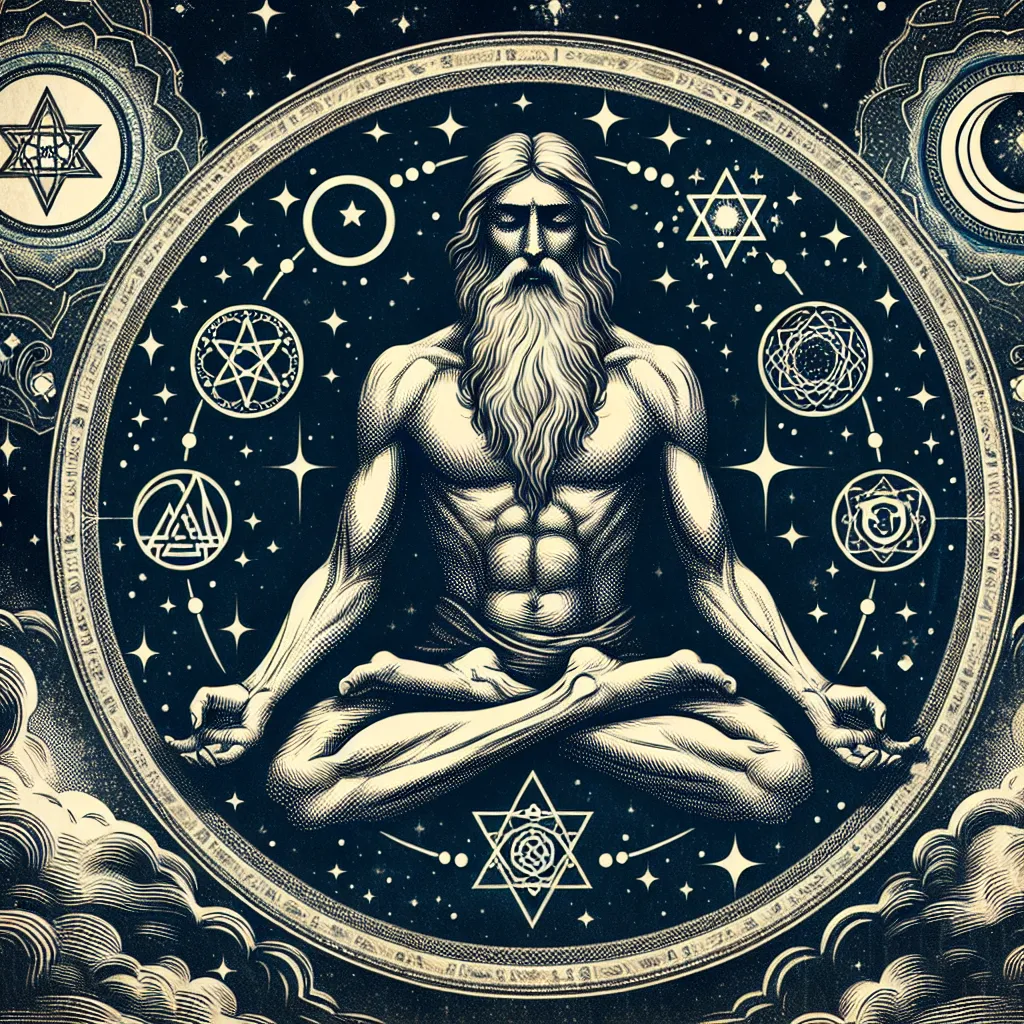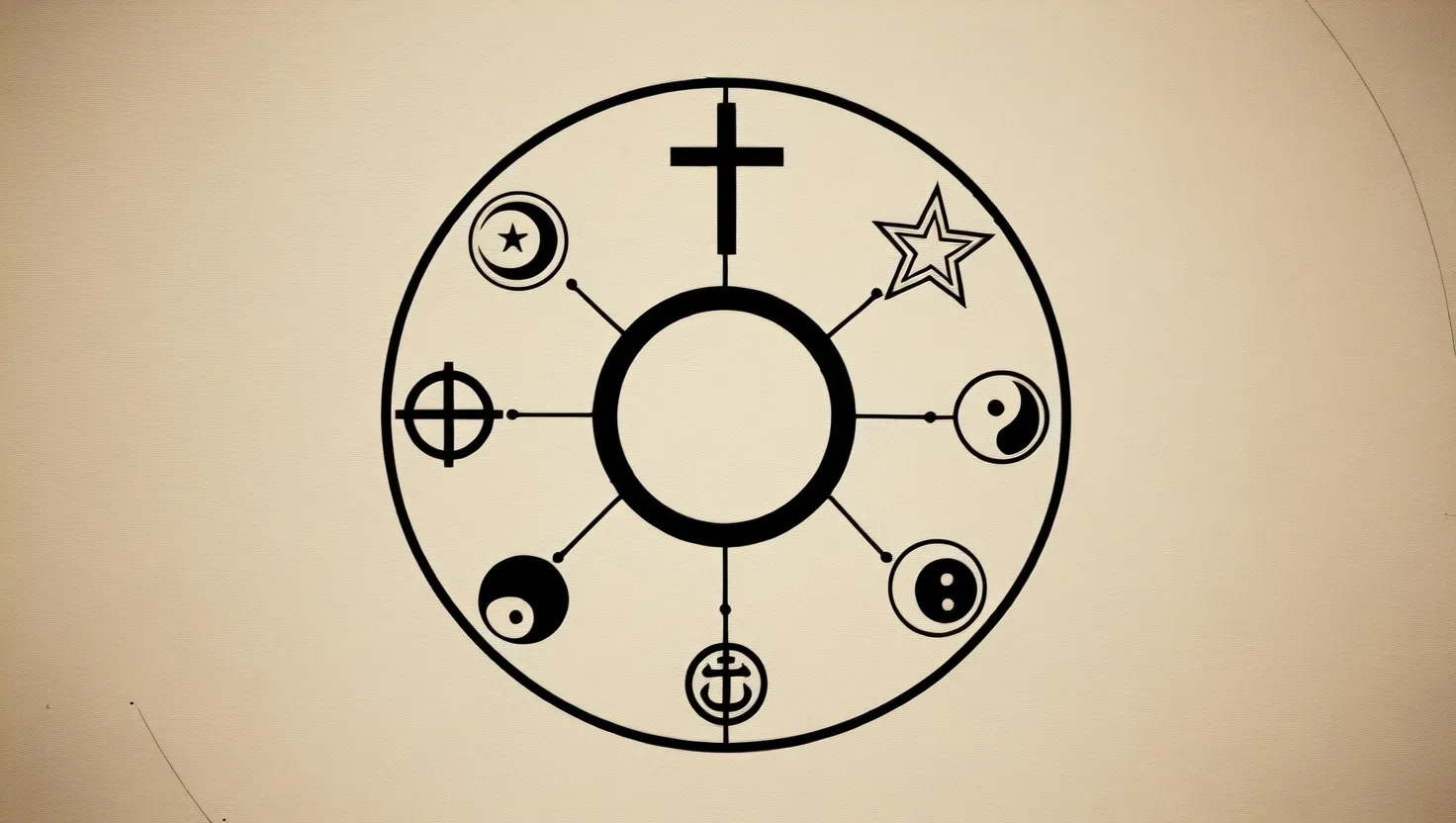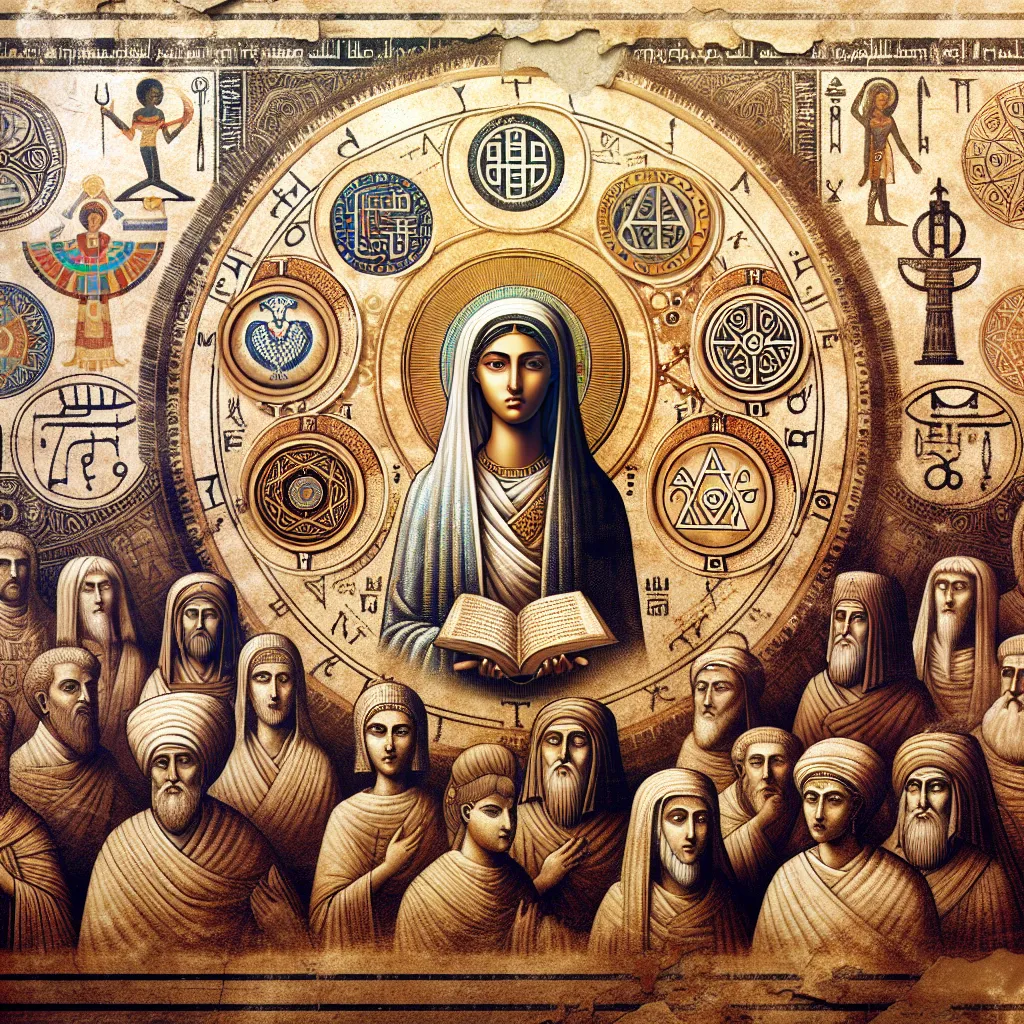Confucianism is this super old belief system from China that’s been around for a good 2,500 years. It’s all about living with a solid moral compass and believes that having good character can make the world a better, more peaceful place. It’s not just a religion but also a life philosophy showing folks how to navigate their lives.
At the core of Confucianism is the idea of “cosmic harmony.” The whole concept is that if everyone acts morally, the world will naturally be more harmonious. Confucius, the man behind it all, figured that people are born good but can sometimes lose their way. To him, education was the key to becoming virtuous.
One major virtue in Confucianism is “ren,” meaning “humanity.” It’s all about being kind, respectful, and humble. There’s also “filial piety,” which is about respecting and caring for your family and honoring your ancestors. Following your parents’ rules is big here too.
Rituals and ceremonies are a big deal in Confucianism. These rituals help folks develop respect and build a sense of community. Ancestor worship, for example, is a way of showing respect to those who came before.
Confucius lived during chaotic times in ancient China. He saw the mess and believed that virtues like loyalty, trustworthiness, and respecting elders could bring order back. He pushed that education and learning history, literature, and philosophy were big in making people virtuous and wise.
Confucianism has had a massive impact on Chinese culture and government, and even influenced countries like Korea, Japan, and Vietnam. Even though it’s not an organized religion, it has shaped how people live, govern, and interact in these societies.
Social class played a big role in Confucianism too. Ancient Chinese society was divided into four main classes: the noble elite, landowners and farmers, craftsmen, and merchants. Keeping in your social class was seen as key to social harmony. Women were usually seen as lower than men and were expected to obey their male family members.
Even though it had some strict rules, Confucianism is all about balance and harmony. It accepts unequal relationships but also seeks to maintain balance in them, from home to school to government.
After Confucius died, his followers compiled his teachings into a book called “The Analects.” Later scholars like Mencius and Xunzi continued to develop Confucian thought, believing that anyone could become wise through education and self-improvement.
Nowadays, Confucianism still has a strong influence on East Asian societies. It remains a source of core values and social codes for many. It might not be an organized religion, but it plays a big role in spiritual and political life for a lot of people.
Bottom line, Confucianism is all about moral character, respect, and harmony. It has been a guiding force in East Asian cultures for centuries and continues to shape how folks live and interact with each other today.
